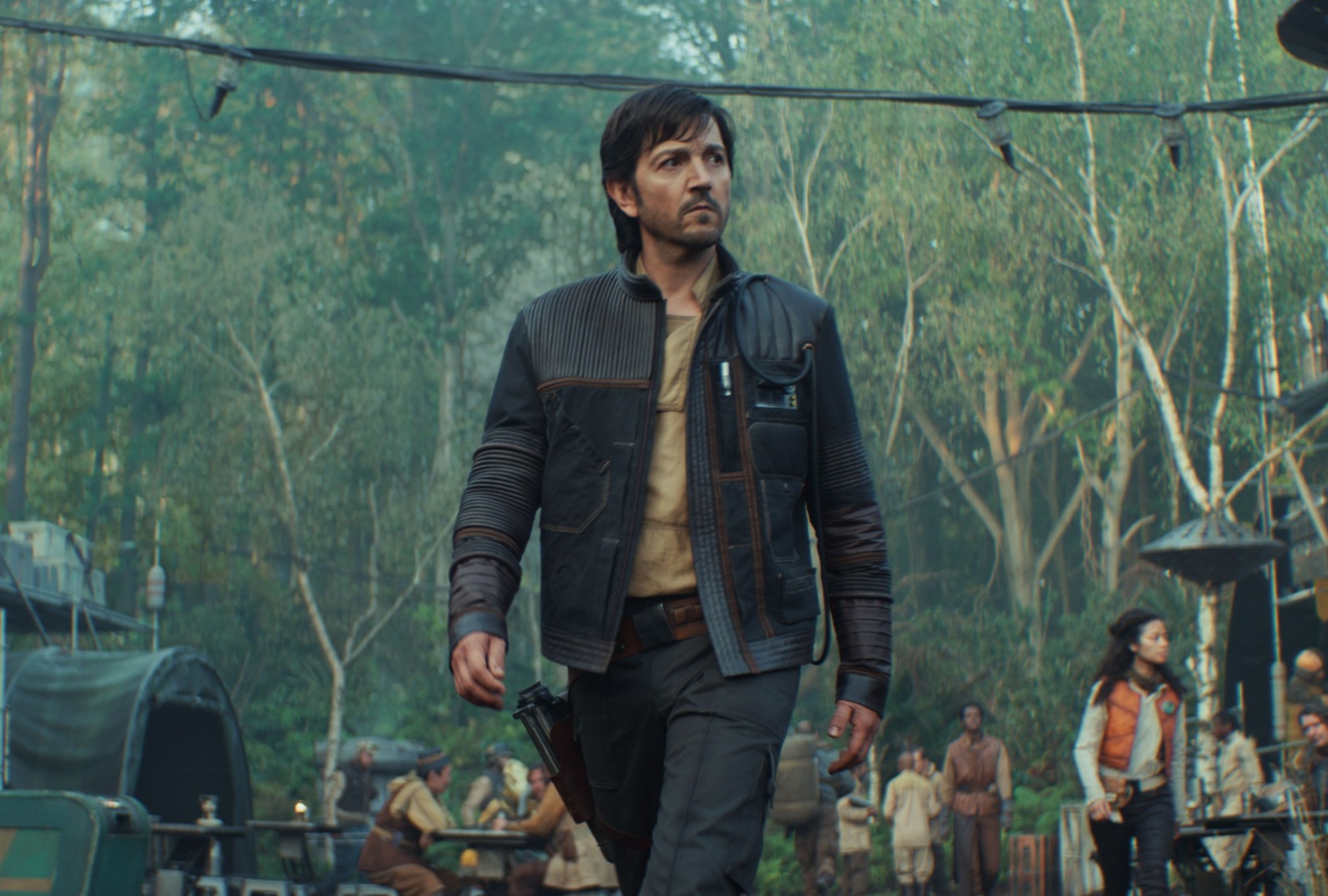Now Reading: On “Andor,” good was always a four-letter word
-
01
On “Andor,” good was always a four-letter word
On “Andor,” good was always a four-letter word

A voice speaks about the challenges that may seem insurmountable, emphasizing the purity and spontaneity of freedom as a concept. The series “Andor” is noted for its departure from the typical “Star Wars” themes of light and dark sides of the Force, focusing instead on a revolutionary figure named Karis Nemik. Despite his minor role in the show, Nemik’s words resonate throughout the galaxy, inspiring acts of rebellion against the oppressive Empire.
The narrative of “Andor” delves into the structural roots of rebellion, highlighting the authoritarian rule upheld by bureaucratic enablers and complacent citizens. The series subverts the traditional portrayal of good versus evil, presenting complex characters like Partagaz, Dedra, and Luthen as individuals caught in the web of power dynamics and moral ambiguity.
The show challenges the notion of blind faith in one’s goodness, showcasing how individuals can be twisted into villains by unquestioning loyalty to authority. As the characters navigate betrayal, sacrifice, and disillusionment, “Andor” offers a bleak yet comforting realism that resonates with modern audiences amid political turmoil.
Ultimately, “Andor” embraces a message of hope and resistance, underscoring the power of collective defiance against tyranny. As the characters embark on their final mission, the series invites viewers to believe in the possibility of breaking the cycle of oppression and authoritarianism.






